From Nug Magazine by Steve August 20 2022
One of the reservations in South Dakota, the Pine Ridge Indian Reservation, does allow legal cannabis, although alcohol is still prohibited on the reservation.
In 2020, the Oglala Sioux voted overwhelmingly in favor of legalizing recreational and medical cannabis. The site has banned alcohol for the past 100 years and has no plans to change that anytime soon. Cannabis was legalized in 2020, but the pandemic has delayed some of the structure. Now they have a thriving industry. However, when they legalized cannabis, they also had the option to re-legalize alcohol on the reservation and chose not to do so.
Residents of the South Dakota Reservation claim that they see cannabis as a safe, natural alternative to alcohol and as a tool for managing mental health issues, chronic illnesses, and more. We view alcohol as something that can affect not only health and safety, but also life expectancy.
Anne-Marie Bean says, “Cannabis is a natural plant that comes from the earth. Our people lived off the land and got their medicine from the land.” press herald From a local clinic called No Worries. “Our indigenous people suffer from diabetes, cancer and many other ailments, and cannabis really helps them.”
Shoppers at the store also shared that alcohol, stimulants, opioids, and other illegal drugs are more dangerous than cannabis, and that they feel cannabis is different and better for the community.
The Pine Ridge Reserve was established in 1889 and occupies two million acres and several small towns. Also includes Ranch, Prairie and Badlands formations. About 20,000 people live on the reservation, and a community member says some may not be counted by the U.S. Census Bureau, and he actually has nearly 40,000 residents.
Alcohol was almost always illegal throughout the history of the South Dakota reservation, but trafficking remains common, and alcohol abuse remains a problem on the reservation.
“It’s killing our young people and it’s killing our future generations,” Bean says of the still prevalent problem of alcohol abuse.
The Oglala Sioux tribe filed a lawsuit in 2012, claiming that about 25 percent of children born on the reservation had health or behavioral problems as a result of being exposed to alcohol in utero. did. They sued a cross-border beer store in Nebraska, claiming it was taking advantage of people with alcohol problems living on the reservation.
Indigenous peoples typically have shorter life expectancies and higher rates of health problems. Medical experts say the cause is poverty and the harm caused by the federal government to their communities.Reservations often lack access to health care and healthy food. They are usually served by a group called the Indian Health Service, which is underfunded and cannot always provide the best care.
Of the customers surveyed in No Worries, press herald, Very few respondents said they used cannabis for recreational purposes only. Most of them use them for anxiety, pain and other medical conditions. Reporters have seen patients with ostomy bags who have lost some of their intentions, as well as patients suffering from drug addiction and cancer. .
“I almost gave up on my kids and would rather smoke than take other drugs,” says Chantilly Little, a recovering addict.
“Unfortunately, the medical services provided by the Indian Health Service have failed in a myriad of ways,” says Stephanie Bormann, a breast cancer patient who once worked in health care. She also serves on the Lower Brulee Her Sioux City Council. “As medical marijuana has proven to save lives, so many people have to fend for themselves and endure so much pain and suffering.”
People on the Pine Ridge Indian Reservation and many indigenous peoples in South Dakota still struggle with a lack of access to health care, social services and equity, but access to legal cannabis is a positive first step for them. A step and a clear alternative to alcohol.

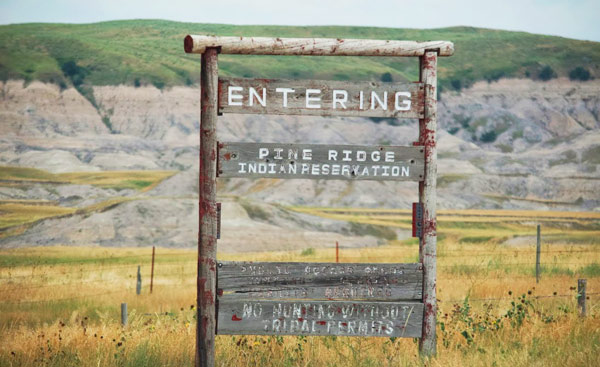
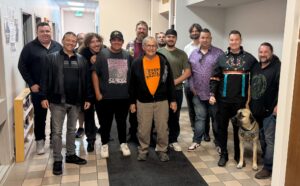
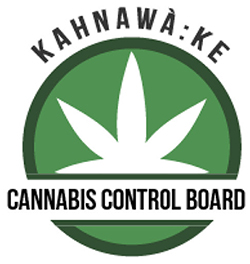

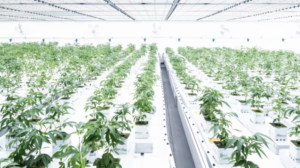
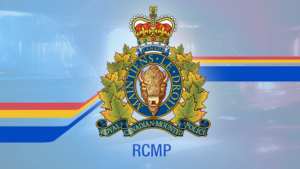



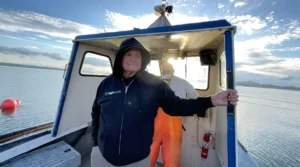
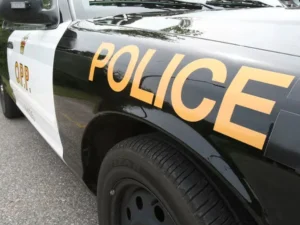

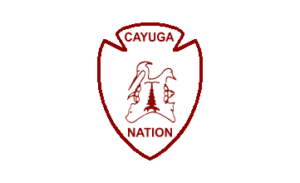

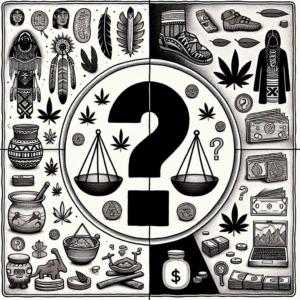
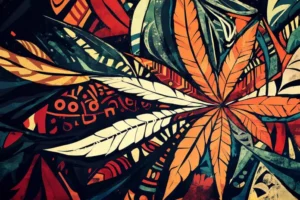
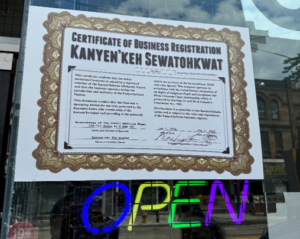
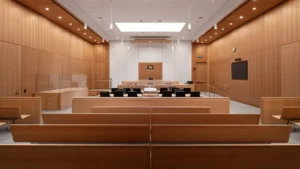


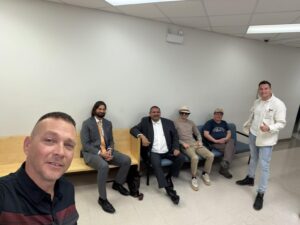
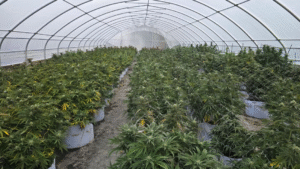
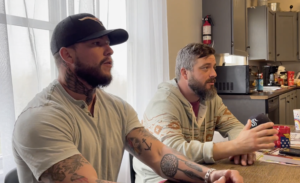
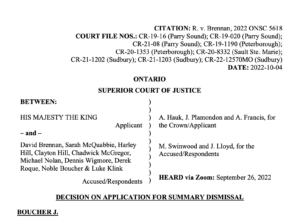
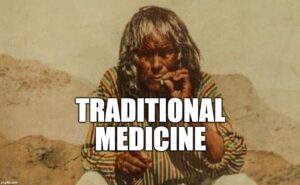
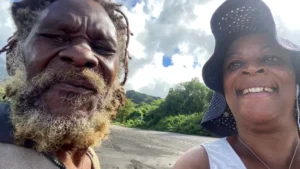
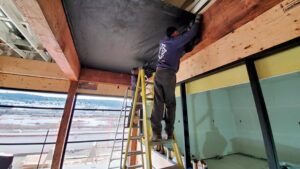

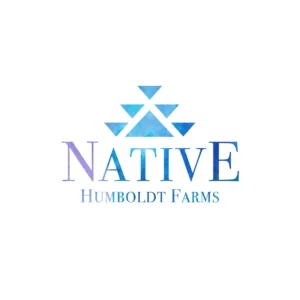
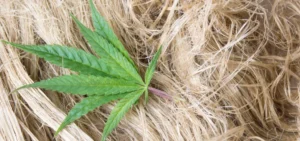
Comments are closed.